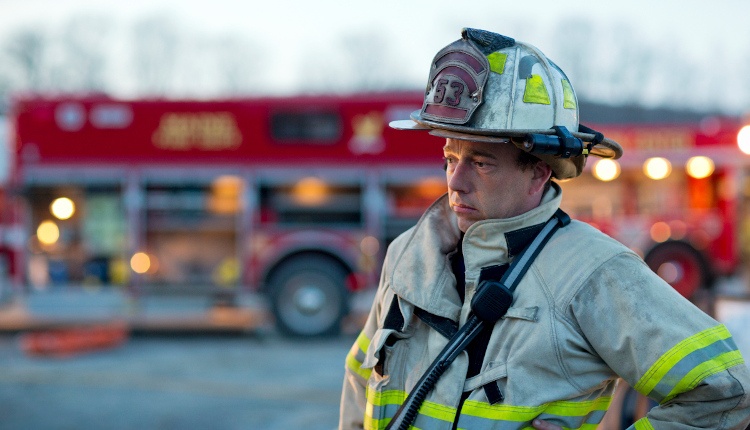
Firefighters and insomnia: when firemen have another enemy to fight with
Not only fire but also insomnia is another enemy for firefighters. Behind this disorder, can be a mental trauma, maybe PTSD.
Being a firefighter requires hard work and dedication. A fascinating job carried out by skilled professionals, with the purpose of saving people and fighting fires. But there is another tough enemy a fireman has to face every day: insomnia. Behind it, can be a mental trauma, maybe a PTSD attack. In order to avoid situations of sleeplessness, which can bring even more distress to firefighters, knowing how to deal with PTSD can help.
Insomnia, one of the worst enemy for firefighters
Sleeping is essential for human beings, however for a firefighter who works on hard shifts, sleeping is a sore point. Insomnia is very common. The former captain of Lower Chichester (PA) Fire Company and expert in Crisis Stress Intervention Mark W. Lamplugh talk about the relation between American firefighters and insomnia, or sleeplessness, in the article below (link at the end of the article).
He also has helped hundreds of firefighters, police officers, veterans, EMS personnel, and civilians nationwide find help for addiction, alcoholism, PTSD, and mental health support. In his article, Mark Lamplugh highlights the importance of sleeping for humans, in particular for firefighters who suffer everyday important conditions of distress. Knowing how to deal with PTSD attack is absolutely helpful in some situation.
Firefighters often experience sleeping in bunks. It often happens that one of your comrades cannot sleep even if they need to rest. Mark reports that, in the case of insomnia, the person starts thinking of negative matters. “You screw your eyes shut, and immediately the day’s events start playing over again in your head. What could I have done better? The mistakes of today and past days swarm around you like spectres. That’s when the call comes. Sirens are blaring, you lurch into wakefulness, staggering exhausted to the next crisis.”
What are the main consequences of insomnia in firefighters?
The first and most evident sign is the effect on the body. Lack of sleep has serious effects especially on somebody engaged in a high-risk, high-demand occupation like firefighting. Then, as insomnia becomes even more present in a firefighter’s life, it changes the brain’s activity. Particularly in the pre-frontal cortex (which is responsible for reasoning and high-level thought).
Mark supports that the psychological factors that contribute to a lack of sleep cannot be ignored. In addition to this, we have to bear in mind that many firefighters carry emotional freight that can interfere with sleep. The primary is PTSD and secondary, compassion fatigue, etc. Also, anxiety and constant readiness are common symptoms as well, and trauma sufferers may be incapable of relaxing to the point that they can sleep comfortably. Even when they do, sleep may be disturbed by sudden waking and nightmares. The brain may be inhibited from fully relaxing. Even among those who do not suffer PTSD, anxiety and chronic stress are common among firefighters and make it hard to effectively “wind down” at the end of the day. Firefighters stay keyed up, with the next call in the back of their mind – sometimes even on off days.
Insomnia in firefighters and PTSD
Mark continues, “increasingly, people in our modern society are facing longer commutes and more work hours, resulting in sleepiness. The effects range from more auto accidents to more illness, but the rigors of firefighting place even greater demands on the human body and mind. It’s no secret that firefighters struggle with sleep. A combination of factors conspires to rob firefighters of needed rest.”
READ ALSO
PTSD: First responders find themselves into Daniel artworks
PTSD alone didn’t increase heart disease risk in veterans with PTSD
PTSD after Dealing with Death – Emergency workers face violence in schools


